Earth Is Dying Faster Than We Realize
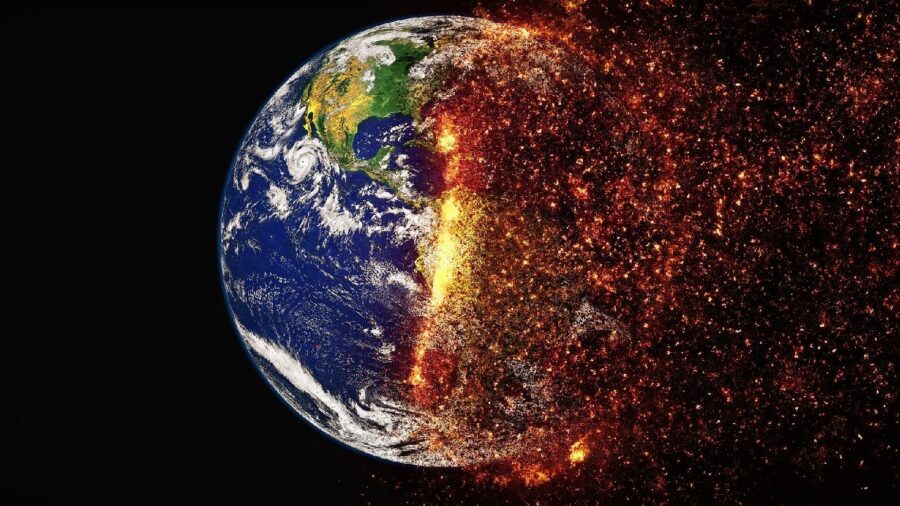
In most fictions that envision a narrative of the Earth dying, it is from some crazy fantasy that could never actually occur. A zombie apocalypse, or an alien invasion, or some supervillain trying to blow up the planet. However, scientists are now saying the planet actually is in genuine jeopardy, and it is arriving much faster than many people think.
A Combination Of Factors
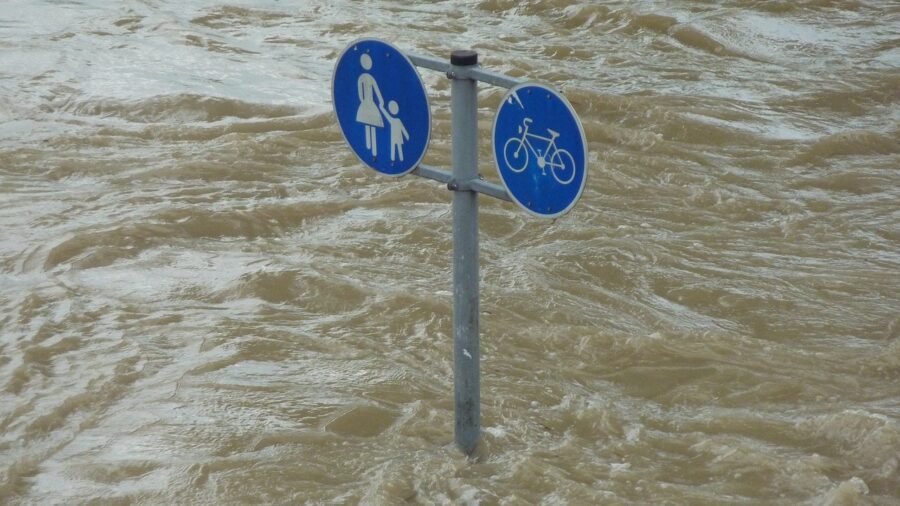
The threats that scientists say the world is facing are not some fun power fantasy that can be reversed by mighty heroes. Instead, they say it is a combination of climate disruption, declining biodiversity, and overpopulation. None of these issues are revelations to most people, but the severity of them might be.
The Terrifying Study
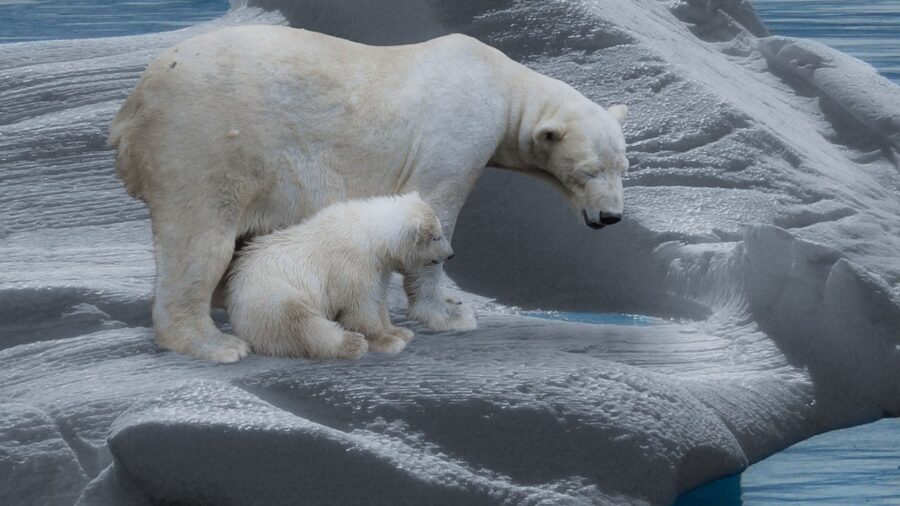
This all comes from a paper published in the journal Frontiers in Conservation Science, where 17 researchers throughout various regions of the world looked at data from over 150 studies. Their findings paint a bleak picture of the future if action is not taken to start preparing preventative measures.
The team cites research indicating that since humans first began practicing agriculture, that the planet has lost 50 percent of its plants and 20 percent of its animals. As our species has refined its methods and our population has grown and our demand for more resources has increased, that negative impact has only increased. It is believed that there are about 10 million different species of plants and animals on Earth, and that 1 million of them could become extinct in the not so distant future.
It Isn’t Just Plants And Animals That Are In Trouble
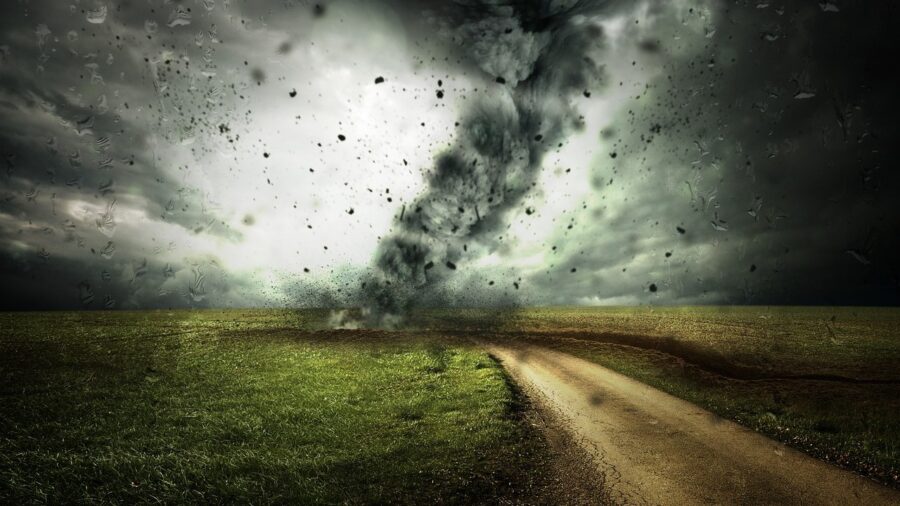
You might figure that while losing so many plants and animals is bad, at least humans could survive. But the loss of so many other species would cause a ripple effect to humanity. Less insects means fewer pollinated plants, and fewer plants means worse quality in our air, water, and dirt without plants to filter out harmful chemicals. With the ecosystem thrown out of balance, the air we breathe and the water we drink would become poisonous to us.
We Can Still Turn It Around
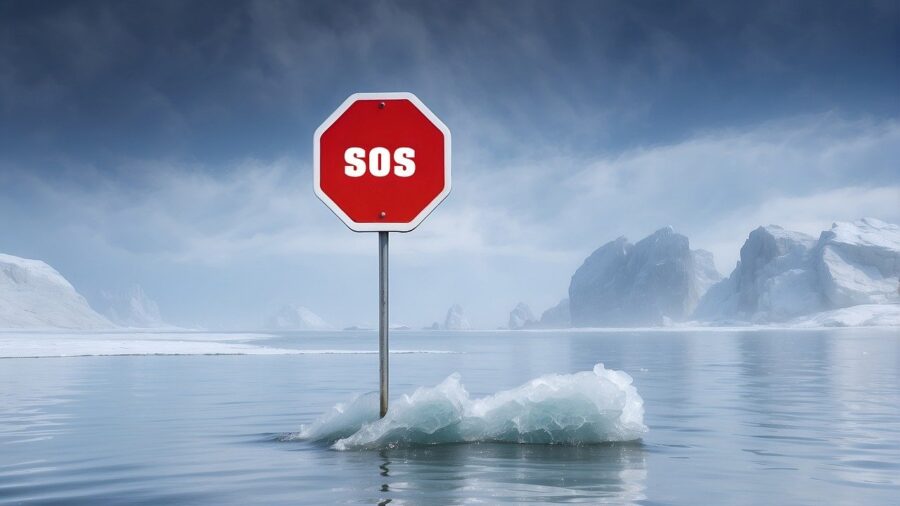
However, the team behind this research wants to make it clear that the conclusions are not that the Earth dying is inevitable at this point and we are on an irreversible collision course for disaster. Rather, they are hoping that sharing this knowledge can help people around the world start realizing that we need to make different choices to avoid the consequences of continuing this behavior.
What The Future Will Look Like
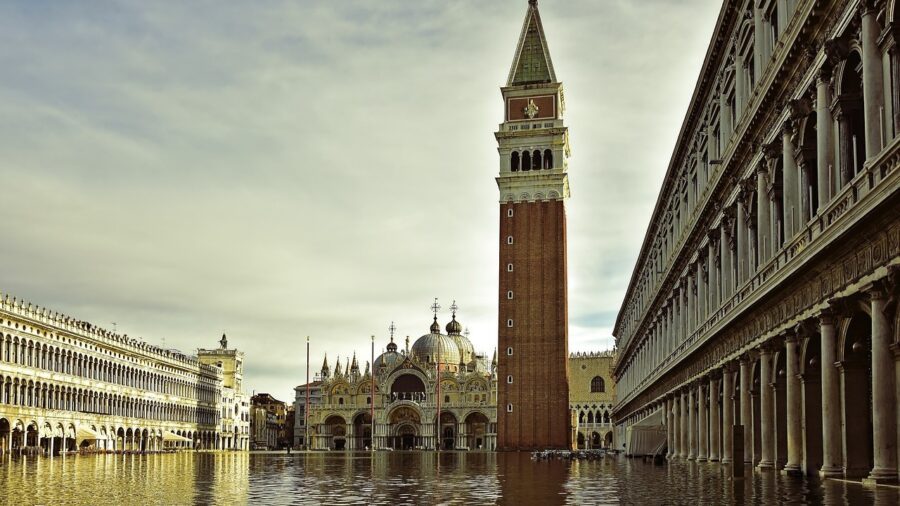
The scientists say that the warning signs are already multiplying each year. They point to how climate change has seen unseasonable and record setting heatwaves in parts of the world that are not even used to that weather. As this worsens, it will result in even more extreme weather at a more rapid and severe pace.
Frequent droughts that would kill off needed crops and deprive people of fresh drinking water. Regular floods that would tear away homes in once safe areas. Scorching, killer heat waves in summer, and suffocating snow storms all winter. The research says on this current path, by 2050 over 1 billion people could become climate refugees desperately searching for somewhere safe to live, leading to further overpopulation in countries struggling to save them.
Prevention Is Still Possible
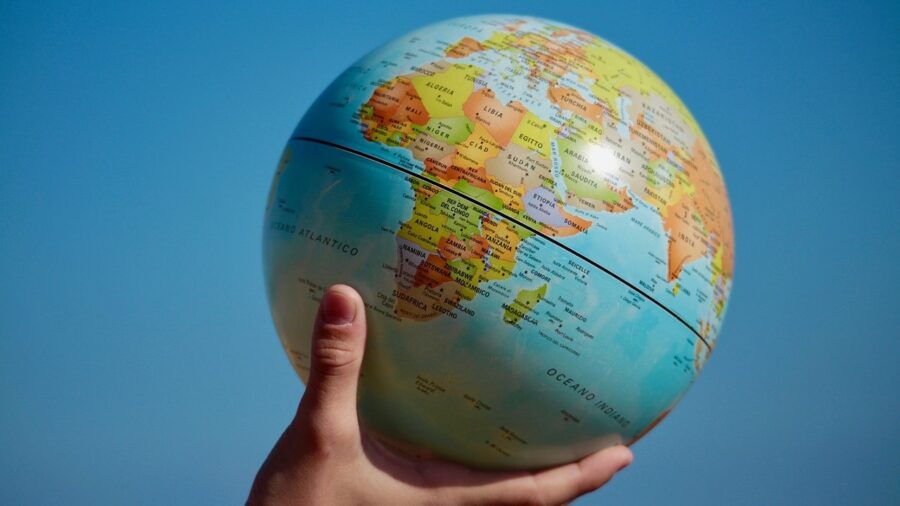
All of this portends to something like A Christmas Carol where Ebenezer Scrooge was given a vision of what was to come if he did not change his ways. While hope is not lost, continuing to ignore this problem will likely only result in our world losing more species, facing harsher environments, and even less resources for an ever expanding population.
The research team was clear that they want their findings not to be a death sentence for the Earth, but a tool for education. They want legislators and every day people to look at their findings and identify what we can do differently to save the Earth from a bleak fate. In essence, even with the Earth dying, there is still hope for a better future.












